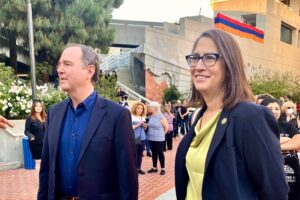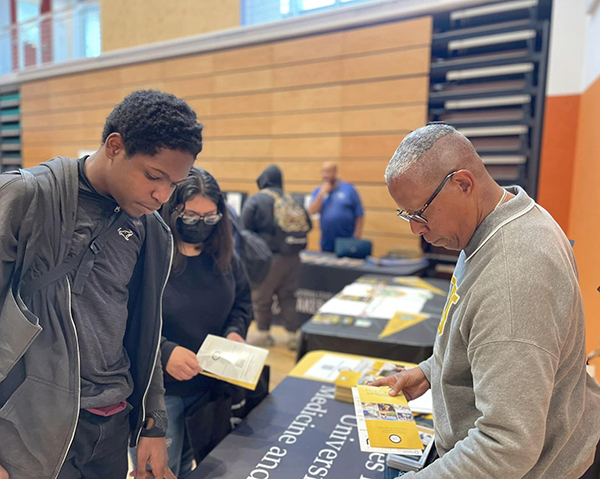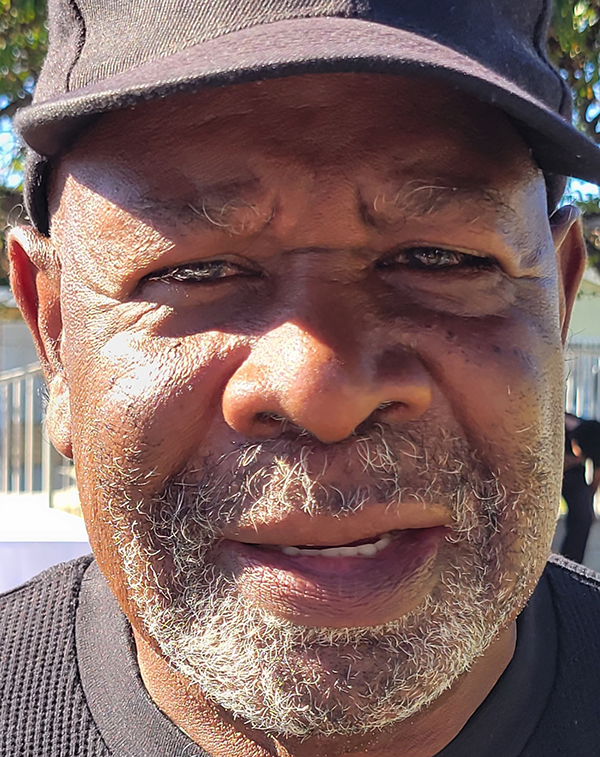By Joe W. Bowers Jr.
Guest Columnist
The Los Angeles County Office of Education will soon announce its choice for the next county administrator to oversee the Inglewood Unified School District.
In the job description, applicants were told “the district has made significant strides toward recovery and is within three to four years of being able to meet the minimum milestone for self-governance, offering the successful candidate a rare leadership opportunity.”
The Inglewood Unified School District has had eight state or county administrators (including three interim) in a little over 10 years. If history is any indication, the odds are against the ninth administrator being around to coordinate IUSD’s transition back to local control.
The Inglewood school board should be selecting the next leader for the school district, not the Los Angeles County Office of Education. But, in 2012, facing the possibility of insolvency, Senate Bill 533 authorized a state loan and gave the then-State Superintendent of Public Instruction Tom Torlakson control over IUSD. In 2018, Assembly Bill 1840 transferred authority to Los Angeles County Superintendent Debra Duardo.
Since 2012, IUSD’s five-member Board of Education has been serving in an advisory role to the revolving door of appointed state and county administrators.
Existing laws governing receivership say that a school district will regain control when it shows adequate progress in implementing the recommendations of a comprehensive review conducted by the Fiscal Crisis and Management Assistance Team (FCMAT) in five operational areas (financial management, personnel management, community relations and governance, facilities management and pupil achievement).
FCMAT is an independent and external state agency that provides financial management assistance and general consulting to the state’s school districts. Its latest review of the Inglewood district generated 885 recommendations for implementing 153 operational standards spread across the five operational areas.
IUSD has achieved proficiency in just two of the FCMAT operational areas — governance and personnel management — after 10 years under state and county control.
Existing laws give Duardo, with the concurrence of state Superintendent Tony Thurmond and state Board of Education President Linda Darling-Hammond, the power to determine when IUSD can resume local control. However, many Inglewood residents familiar with the school district believe it’s Duardo’s choice of administrators that are failing to conform with FCMAT standards.
The nine reviews FCMAT conducted show that constant turnover of leadership and the number of poor leader choices by the state and county have led to inconsistency in developing and executing effective recovery plans for the district, stunted academic progress for the students and led to inadequate maintenance of IUSD facilities.
When Torlakson took over IUSD, he said, “The state administrator will control the district until fiscal insolvency has been eliminated, between two to six years.
While existing law mandates that the state controls IUSD to protect its $29 million loan, the opportunity cost to IUSD of the state’s mismanagement has been significantly more than the amount it borrowed.
For example, before receivership, the Los Angeles World Airports agreed to fund noise mitigation measures for IUSD not to exceed $118.5 million. The administrators who took over have only secured $44 million of the funding, leaving $74.5 million on the table.
City Honors High School is a dependent charter school run by IUSD that was recognized by U.S. World and News Report as a silver-medal finalist. When the Charter Schools Facilities Program was awarding grants for charter school construction, Don Brann, who Torlakson had appointed to oversee IUSD, didn’t apply for a state grant.
But, DaVinci Charter schools, which Brann helped found in the Wiseburn Unified School District located next door to Inglewood, applied and was awarded a $52.7 million grant. Had IUSD applied for a grant for a City Honors building it would have been ahead of DaVinci in line for the limited funds.
Since 2012, IUSD has paid FCMAT about $2.6 million for the nine yearly comprehensive reviews, an expense mandated by the law authorizing the loan and paid from the school district’s general fund.
IUSD is no longer in financial trouble. According to the latest 2022-23 budget projections, it will have a positive ending general fund balance of $94.5 million and positive ending cash balance of $83.7 million. IUSD owes $19.6 million on its state loan.
In a recent review FCMAT conducted, the Los Angeles County Office of Education admitted that IUSD had made little annual progress and is no closer to recovery today than two years ago.
IUSD has gone without local control longer than any school district that’s taken a state loan. It can no longer afford the compromised quality of education being delivered to students by LACOE’s management.
The IUSD community has been expressing its frustration at school board meetings about the quality of the schools the last 10 years, but LACOE lacks the management judgment to effectively respond to community concerns.
Because laws governing state loans offer no way for IUSD to regain local control at this time, legislation amending those laws is needed that recognizes that for 10 years state and county administrators have failed IUSD students and that it’s in the best interest of IUSD students to have the school board retain all of its legal rights, duties and powers.
The education system in California is based on local control. The new legislation needs to recognize that a statute of limitations has to be established on how long school districts under receivership have to put up with ineffective state management, especially if the school district is no longer in financial hardship.
Specific agencies have to be identified with authority to hold the state or county accountable for addressing the slow progress it is making to qualify the district for a return to local governance. Incentives for quick turnarounds must be offered.
The offices of the legislators representing IUSD — state Sen. Steve Bradford, Assemblywoman Tina McKinnor and Assemblyman Isaac Bryan — have been approached about the need for legislation to return local control to IUSD.
Support from the California Legislative Black Caucus is also being solicited.
It will be up to IUSD’s legislators to introduce a bill during this legislative session for the return of IUSD to local control.
Joe W. Bowers Jr. is an Inglewood resident, an education advocate and a writer for California Black Media.











